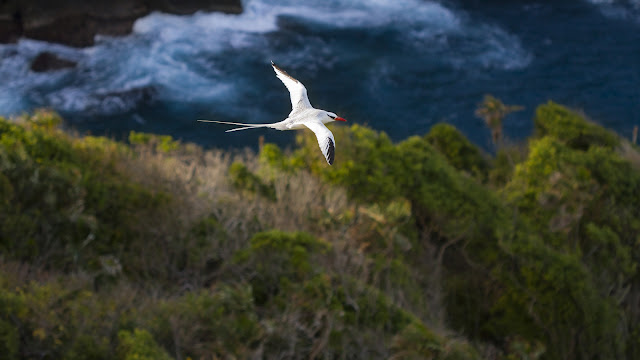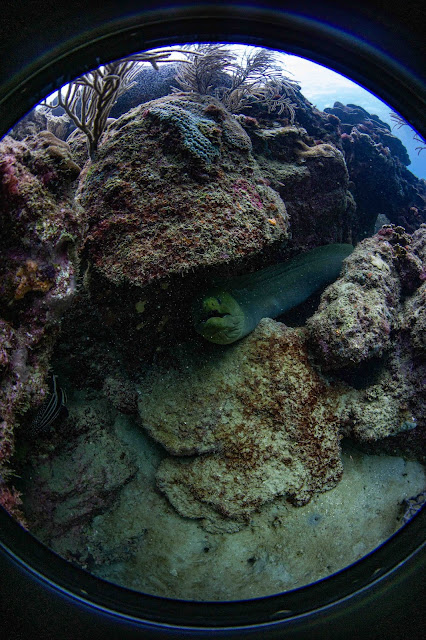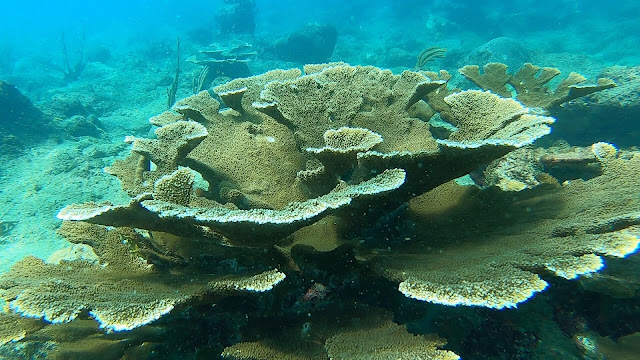Islands and Archipelago
Belonging to an island ought to teach us to be at home in the ocean. Pat Ganase reviews Monique Roffey’s 2012 book, Archipelago, winner of the OCM Bocas Prize for Caribbean Literature.
In this unlikely adventure, a man, his daughter
and their dog set out on a sailboat, just to get away. We suspect that the man,
Gavin, is running from, rather than towards, something.
What does a man who runs away with his
six year old child and a dog expect to find?
What is he looking for? Solace? Sanctuary?
What does he expect to change?
Men, in fact, have been setting out to
sea since time immemorial: setting out on voyages to find what is there, to get
to the other side, to explore – the world and their own souls. The great
voyages have been epic: Columbus’s, Marco Polo’s. Odysseus wandered the known
world for ten years; he found Cyclops, Circe, and tested his character and
leadership; his true north was home.
Monique Roffey’s Archipelago belongs in this genre of “hero’s quests” such as the Odyssey.
What makes it uniquely a tale for our times are the landscapes, the
companion travellers and the contemporary circumstances. This is not a story
about climate change though it emerges in a time of flooding and rising sea
levels. Nor is it a tale about gender equality though one suspects that the
father deals with his daughter in the same way he would if he had a six-year
old son; and the sailor who comes aboard to take him through to the Pacific
just happens to be female. Nor is it simply a post-colonial epic: extolling the
independence and freedom that might be afforded to everyone who would voyage.
 |
| Gavin sailed Romany into Spanish Water, a natural harbour for seafarers in Curaçao. Photo by Anjani Ganase |
Roffey's story happens on islands, on archipelagos, much like the
islands that Odysseus came ashore on. But more importantly, it happens on the
ocean. It’s no accident that the child’s name is Ocean; for this is all our
children’s future. It’s more than fortunate that we come from islands; the
jewels of the Caribbean Sea. That we find much in common with other islands
everywhere: Aruba, Bonaire and Curacao; and even those on the other side of the
American continent, the Galapagos. Islands may subsist in the shadows of the
great continental civilizations but they persist in the edgy existentialism of
life between safe land and the restless sea. In Gavin’s world, the land, the
home, life as he knew it dissolves and is washed away. In response, he sets
himself adrift, a castaway on the sea.
There’s enough fact and recollections about
the islands and the archipelagos that Gavin Weald encounters to consider
Roffey’s tale travelogue. There’s
wildlife as well as wind and wave. A sailor would appreciate the authenticity
of the nautical journeys: the passages to Margarita, to Los Roques, within the
curve of the Caribbean. He recounts histories of the salt flats and slave huts;
the natural history of dry islands with iguanas, flamingoes and turtles of
Bonaire. He is beguiled by the charming
ladies of Curacao and dolphins. Life becomes more strange in Chocolate City and
Getsemani in Cartagena. But the sea remains the same: a constant companion but
a challenging one.
 |
| Along the north coast of Curaçao, Boka Ascension is an outlet to the ocean. Photo by Anjani Ganase |
“I ran away.” Gavin confesses. His voyage
was always escape. The sea didn’t call him, didn’t make a wanderer of him. It
is his restless wandering that makes him an adventurer, a seeker, and awakens a
long lost memory, a dream, of a forgotten desire to see another archipelago on
the other side of the world. Since we are here already, well why not the
Galapagos?
Is this the nature of the modern quest?
Not to plan to go wandering, but instead to open the mind and heart to find… He learns things about himself; his fears yes,
but his capabilities, what his spirit is able to bear. He might want to always
protect his child from hurt and harm, but he has to let her see the world and how
he deals with what happens in the world.
There are a few things that are magical
about Roffey’s Archipelago. The boat Romany was a gift from the sea; it had
been recovered drifting along the coast many years before. The arrival of
Phoebe is timely and serendipitous; help does not always come in the way we
envisage.
After many weeks of wandering in the
Caribbean, through the Panama Canal and into the wild unpredictable Pacific, what
does the man Gavin come to realize? Home is calling. “ET go home” as another
well-loved tale put it.
Yes, there is an ethos that exists on
islands; with all their limitations, they can be our home. Archipelagos – like
stepping stones - are everywhere. But the Ocean is the great unknown, and it is
where we find ourselves.
(Monique Roffey, Archipelago, Simon & Schuster, 2013 paperback edition)


